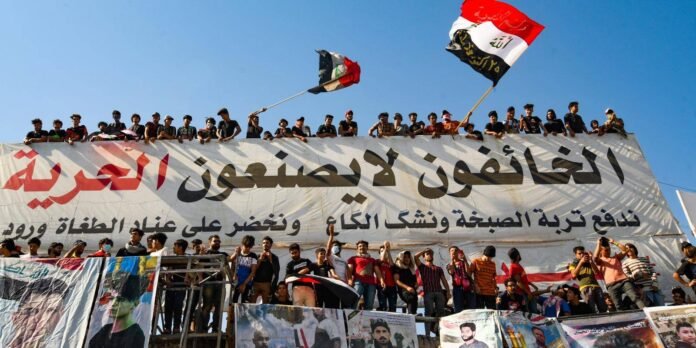Corruption and Baath ties have become a central issue ahead of Iraq’s upcoming parliamentary elections. The Independent High Electoral Commission (IHEC) plans to release a new list excluding more than 75 candidates. These individuals face disqualification due to links with the former Baath Party and violations under Accountability and Justice laws.
According to official sources, this list will not be the last. Additional announcements will remove other candidates for misconduct, financial corruption, and administrative violations. In many cases, Baath connections exacerbate these concerns.
Authorities emphasize that the electoral law’s “good conduct and reputation” clause must be applied strictly. Officials believe that addressing any Baath ties along with corruption will ensure cleaner elections. Moreover, anyone covered by the General Amnesty Law will not be allowed to run.
Earlier this year, the IHEC disqualified 66 candidates from the November 2025 elections. This decision came after verification of criminal records showing charges such as murder, bribery, forgery, and fraud. Cases of financial and administrative corruption also played a key role in these removals.
Observers note that the latest measures reflect growing demands for accountability. By excluding individuals linked to corruption and Baath ties, the commission aims to protect the credibility of the electoral process. However, some political groups fear these exclusions could be used for political advantage.
The IHEC insists that its decisions are based on documented evidence. Officials confirm that investigations involve coordination with judicial authorities to verify all claims before finalizing the lists, including those related to previous Baath affiliations.
As the November elections approach, the debate over corruption and Baath ties is expected to intensify. Political analysts predict that more candidates will be disqualified in the coming weeks. For voters, these developments highlight the ongoing struggle to achieve clean and credible elections in Iraq.


